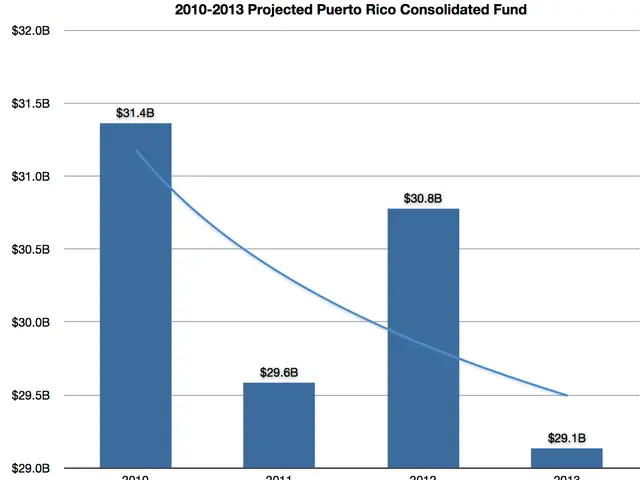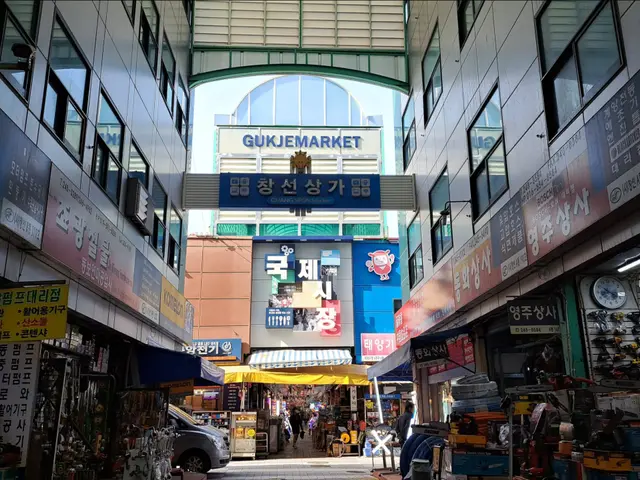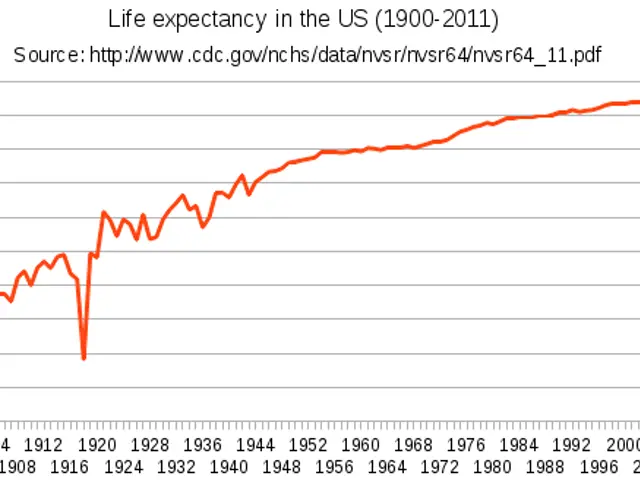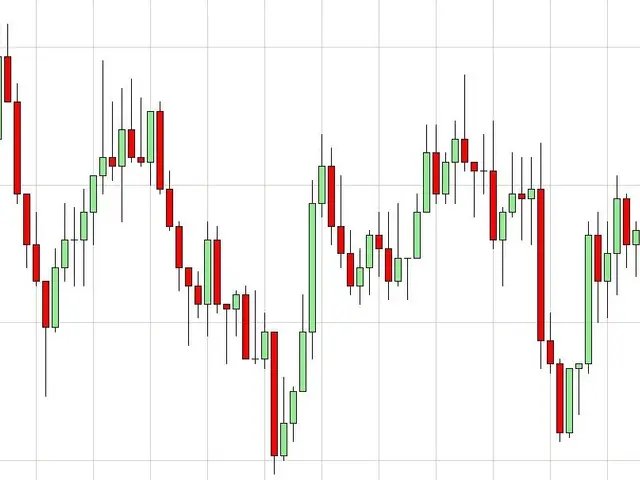Thai Export Sector Prepares for Potential 'Trump Tariffs' Impact, Estimates THB 200 Billion Loss in Exports
Economy
US Tariffs Threaten to Slow Thailand's Industrial Growth, Prompting Sector Restructuring
The Office of Industrial Economics (OIE) of Thailand has issued a warning about potential economic repercussions from US tariffs, suggesting a possible reduction in industrial exports by approximately 200 billion baht in 2025. This shrinkage would contribute to a 1.02 percentage point decrease in industrial GDP growth.
Initially forecasting 1.5-2.5% industrial GDP growth for 2025, the OIE has adjusted its projection following the prospective impact of US tariff measures. A revised assessment will be issued in May 2025.
For 2026, industrial economic development is expected to match the current pace while mirroring global trends and bolstered by strong tourism and government stimulus.
Thailand confronts a tight deadline for negotiating with the United States over the implementation of President Donald Trump's proposed increased import tariffs. Records indicate that the US has announced reciprocal tariffs set to be implemented on April 2025, mandating a 36% increase on Thai imports. Despite this resolution's imminence, negotiations have been delayed by 90 days.
Director-General of the OIE, Passakorn Chairat, revealed that while the US announced reciprocal tariffs in April 2025, implementation has been deferred for further discussions. He foresees the Thai economy and trade policy becoming clearer after July 2025, predicting a likely 10-20% tariff imposition on Thai imports by the US.
The Bank of Thailand (BOT) initially estimated that these trade policies could restrict 2025 GDP growth to less than 2.5%, primarily due to a slowdown in investment and exports. Passakorn also noted that Thai industries might encounter heightened competition from other nations diverting exports to traditional Thai markets, potentially leading to comparably cheaper goods entering Thailand.
Apart from these external challenges, structural issues within the Thai industry and prolonged household debt remain significant hurdles.
To address these pressing issues and boost national competitiveness, the OIE will prioritize adaptability, resilience, and the growth of new industries in nine target industrial sectors. Collectively, these sectors account for 70% of manufacturing GDP.
The prioritized sectors include:
- Automotive
- Petrochemicals & Plastics
- Bio-based Industry
- Food
- Medical Devices
- Iron & Metallurgy
- Robotics & Automation
- Electrical & Electronics
- Textile & Garment
The restructuring plans are in progress and are anticipated to be submitted to the Cabinet within two months. Once approved, relevant government agencies will allocate budgets for implementing these comprehensive development plans. For example, the Ministry of Finance will lead tax-related initiatives for the automotive sector.
Thailand remains responsive to the evolving global trade landscape, prioritizing strategic investments, political stability, and innovative industries for economic growth.
- Tags
- Thai industry
- Tariffs
- US tariffs
- Trade Talks
- Auto Industry
- export
Additional info:
- Thailand is engaged in ongoing tariff negotiations with the US, and a resolution is anticipated within the next fortnight.
- The proposed tariff rate that Thailand is negotiating is 36%, which is half the previously calculated rate of 72%.
- Thailand has submitted a formal proposal to the US and is actively participating in working-level discussions.
- Thailand is considering purchasing US aircraft as part of a broader trade strategy, which could potentially help offset the negative impacts of tariffs by fostering bilateral trade agreements and collaboration in other sectors.
- The potential economic repercussions from US tariffs on Thailand's industrial exports could lead to a decrease in industrial GDP growth by 1.02 percentage points, according to the Office of Industrial Economics (OIE).
- As a result of the proposed US tariff measures, the Thai economy may face heightened competition from other nations diverting exports to traditional Thai markets, potentially leading to comparably cheaper goods entering Thailand.
- To counter external challenges and boost national competitiveness, the OIE plans to prioritize adaptability, resilience, and growth in nine target industrial sectors, collectively account for 70% of manufacturing GDP.
- The Thai administration is seeking to offset the negative impacts of tariffs by fostering bilateral trade agreements and collaboration in other sectors, such as purchasing US aircraft as part of a broader trade strategy.
- Thailand's ongoing tariff negotiations with the US aim to find a resolution within the next fortnight, and the proposed tariff rate being negotiated is half the previously calculated rate, at 36%.






